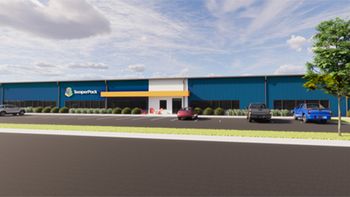
Track-and-trace technology pops up in NY Police effort to combat pharmacy robberies
NYPD Commissioner Raymond Kelly sketches out GPS tracking decoys for controlled substances
According to an NYTimes
Nevertheless, Kelly and other NYPD spokespersons detailed that the devices are in “bait bottles,” not containing drug, and the GPS tracker is activated when the bottle is removed from a base plate on the pharmacy shelf. The technology is being tried in Suffolk County, New York, which witnessed a brutal robber y and multiple homicides in 2011, part of a rash of such robberies.
Purdue, whose controlled-release OxyContin product has long been a preferred abused drug, was one of the early adopters of RFID technology to serialize product bottles in the mid-2000s, and has supported numerous law-enforcement and public-health efforts to counter drug abuse.
The article concludes with the reporter saying that the NYPD is considering the “somewhat fanciful” idea of tracking not just bottles, but individual pills. But readers of Pharmaceutical Commerce know that this is hardly fanciful: technologies like those of
Newsletter
Stay ahead in the life sciences industry with Pharmaceutical Commerce, the latest news, trends, and strategies in drug distribution, commercialization, and market access.




